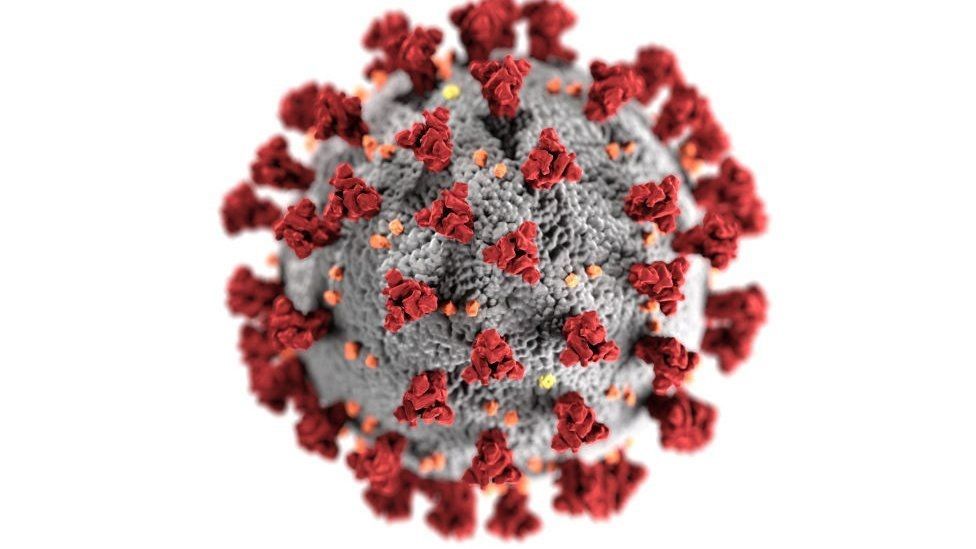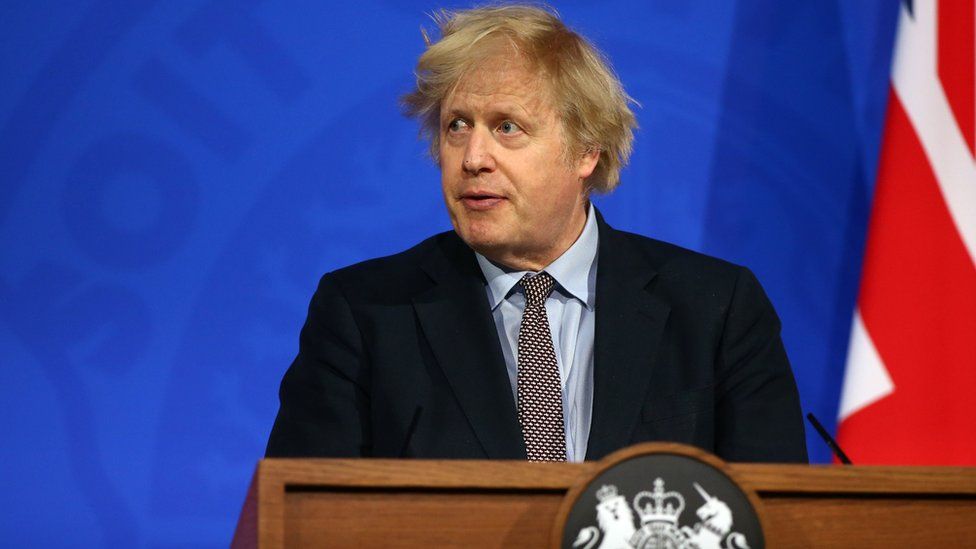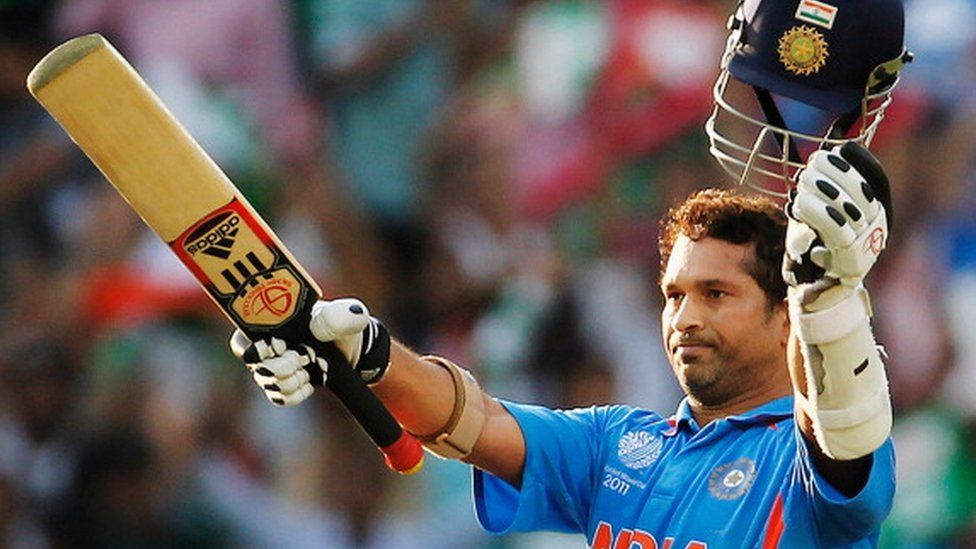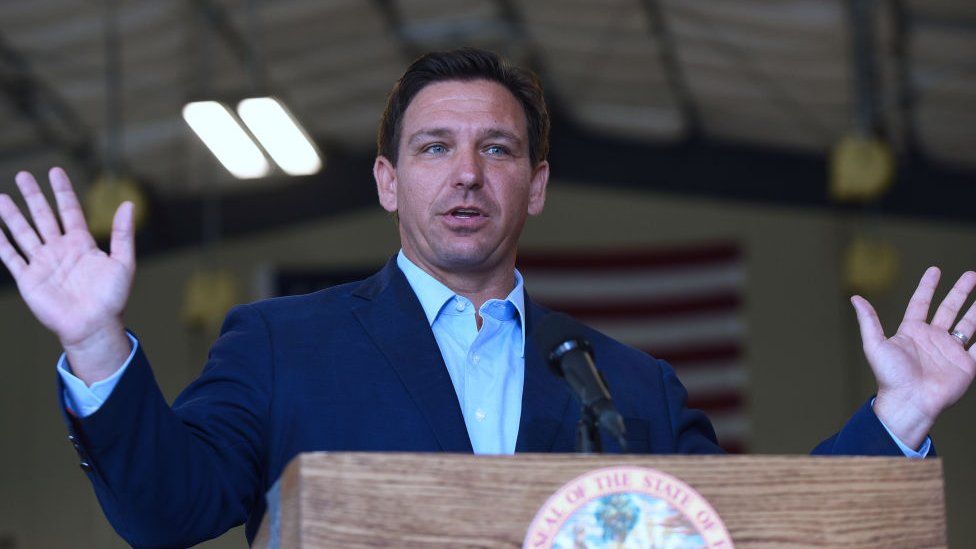India’s farmers end year of mass protests
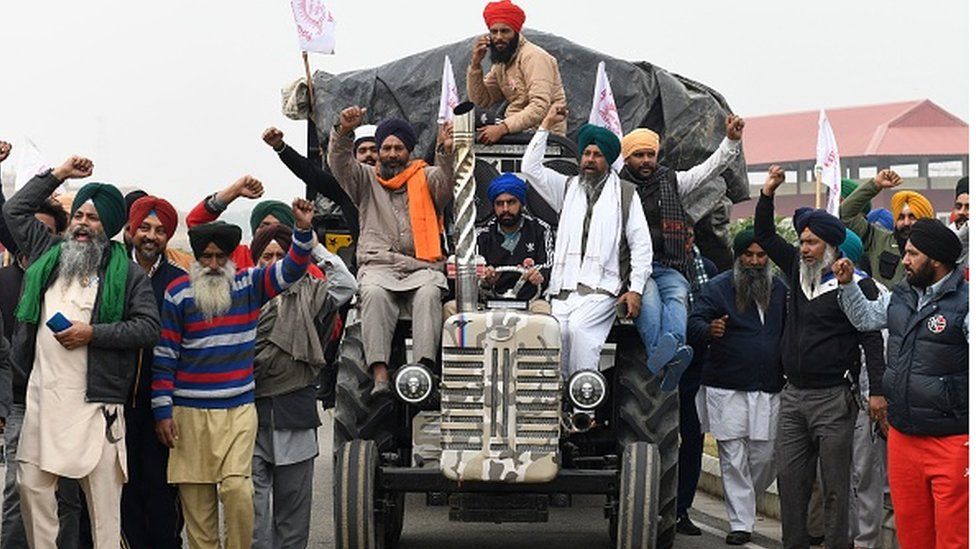
Dec. 9: Indian farmers have said they are ending a year of mass protests a week after the government agreed to abandon controversial reforms.
Thousands of farmers had camped at the borders of the capital, Delhi, with dozens dying from heat, cold and Covid.
They will begin returning to their homes from Saturday. The decision came after ministers agreed to discuss their other demands, including guaranteed prices for produce.
"We will hold a review meeting on 15 January. If the government doesn't fulfil its promises, we may resume the protest," farmer leader Gurnam Singh Charuni told local media.
Farm unions were protesting against the government's introduction of three market-friendly laws which they said would leave them vulnerable to big corporates and destroy their livelihoods.
After months of insisting that the reforms would benefit farmers, Prime Minister Narendra Modi announced on 19 November that his government would repeal the laws.
A bill to cancel the reforms was officially passed in parliament on 30 November.
The move was hailed as a victory for farmers and also as a powerful example of how mass protests could still successfully challenge the government. But farmers did not leave the protest sites immediately after Mr Modi's announcement. They said they would continue to protest until the government agreed to their other demands.
On Thursday, the government gave a formal letter to farm leaders, accepting many of these demands.
The government also agreed to provide compensation to the families of the farmers who died during the protest. This is also being seen as a win for farm unions as the government had told parliament last week that it had no record of the number of farmers who died during the protests.
On the demand for a minimum support price (MSP), the government has promised to form a committee which will include representatives from the federal and state governments, agriculture scientists and farmer groups.
The announcement effectively brings an end to the protest, which posed one of the biggest challenges to Mr Modi's government.
The protests first gained momentum in November last year when farmers tried to march into Delhi but were stopped by police at the city's borders. Since then, they had stayed at the edge of the city against all odds - braving scorching heat, a bitter winter and even a deadly second wave of Covid.
Farmers from the most influential voting bloc in India - and experts say the upcoming state elections in Punjab and Uttar Pradesh may have forced the government to roll back the laws.
What did the laws offer?
Taken together, they loosened rules around the sale, pricing and storage of farm produce - rules that have protected India's farmers from the free market for decades.
One of the biggest changes was that farmers were allowed to sell their produce at a market price directly to private players - agricultural businesses, supermarket chains and online grocers. Most Indian farmers currently sell the majority of their produce at government-controlled wholesale markets or mandis at assured floor prices (also known as minimum support price or MSP).
The laws allowed private buyers to hoard food like rice, wheat and pulses for future sales, which only government-authorised agents could do earlier.
The reforms, at least on paper, gave farmers the option of selling outside of this so-called "mandi system". But the protesters said the laws would weaken the farmers and allow private players to dictate prices and control their fate. They said the MSP was keeping many farmers going and without it, many of them will struggle to survive.
They said India's stringent laws around the sale of agricultural produce and high subsidies had protected farmers from market forces for decades and there was no need to change that.
But the government argued that it was time to make farming profitable for even small farmers and the new laws were going to achieve that.
Recent News

Do not make expressions casting dout on election: EC
14 Apr, 2022
CM Bhatta says may New Year 2079 BS inspire positive thinking
14 Apr, 2022
Three new cases, 44 recoveries in 24 hours
14 Apr, 2022
689 climbers of 84 teams so far acquire permits for climbing various peaks this spring season
14 Apr, 2022
How the rising cost of living crisis is impacting Nepal
14 Apr, 2022
US military confirms an interstellar meteor collided with Earth
14 Apr, 2022
Valneva Covid vaccine approved for use in UK
14 Apr, 2022
Chair Prachanda highlights need of unity among Maoist, Communist forces
14 Apr, 2022
Ranbir Kapoor and Alia Bhatt: Bollywood toasts star couple on wedding
14 Apr, 2022
President Bhandari confers decorations (Photo Feature)
14 Apr, 2022


